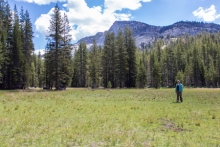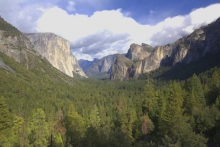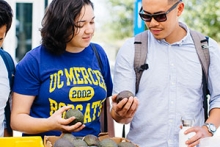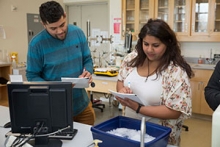UC Merced checks in at No. 50 in the Sierra Club’s 2017 "Cool Schools" list, rising more than 30 spots from its previous position in the ranking of sustainable colleges and universities.
It’s the fifth Cool Schools appearance in the past... Read More










